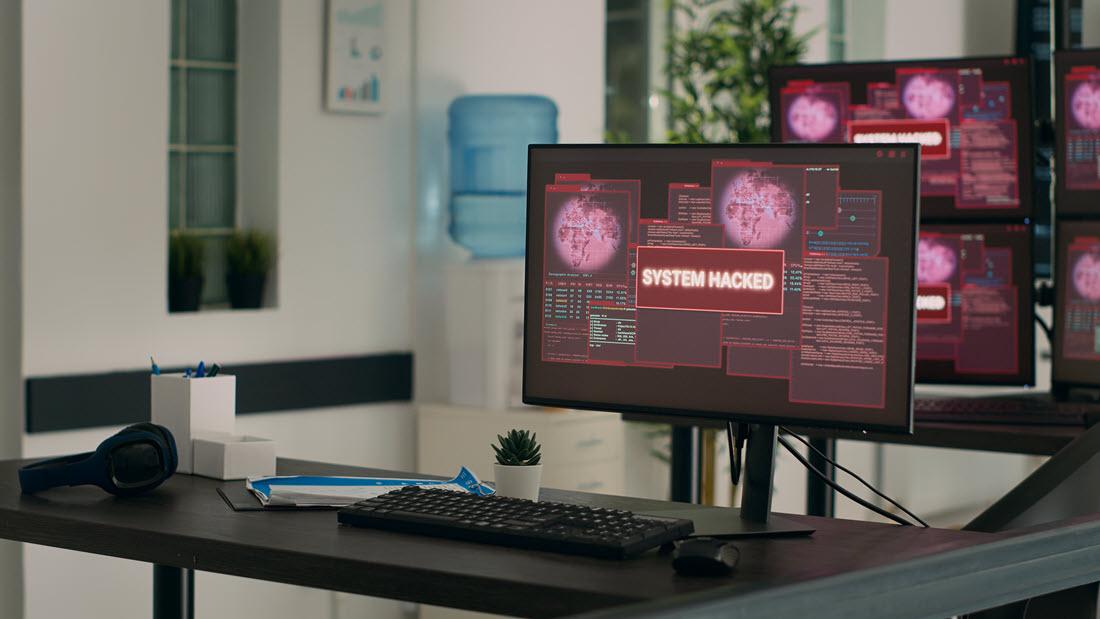Ten examples of how lack of encryption can cause a data breach
Lack of encryption on various devices and in different situations can put electronic protected health information (ePHI) at risk of a data breach. Here are ten examples:
- Unencrypted laptops: Storing ePHI on unencrypted laptops can lead to unauthorized access if the laptop is lost or stolen.
- Unencrypted mobile devices: Smartphones and tablets without encryption can expose ePHI if the devices are misplaced, stolen, or compromised.
- Unencrypted removable media: Using unencrypted USB drives, external hard drives, or other removable media to store ePHI can result in data breaches if these devices are lost, stolen, or accessed by unauthorized individuals.
- Unsecured email: Sending ePHI via unencrypted email can expose sensitive information to interception or unauthorized access during transmission.
- Unencrypted file transfers: Transferring ePHI between systems or over networks without using encryption can put the data at risk of interception or unauthorized access.
- Unencrypted backups: Storing backup copies of ePHI without encryption can expose the data to unauthorized access if the backup media or storage location is compromised.
- Unencrypted databases: Failing to encrypt databases containing ePHI can put the data at risk if unauthorized individuals gain access to the database system.
- Insecure network communication: Transmitting ePHI over unencrypted network connections, such as public Wi-Fi or insecure internal networks, can expose the data to interception or unauthorized access.
- Unencrypted cloud storage: Without encryption, storing ePHI in cloud-based storage services puts the data at risk in the event that the cloud service provider is compromised or unauthorized users get access to the storage account.
- Unsecured medical devices: Medical devices that store or transmit ePHI without encryption run the risk of exposing sensitive information to unauthorized access or interception. Examples include EHR systems, imaging devices, and wearable health monitors.
Encrypting ePHI on all devices and in various situations is essential for protecting sensitive patient information and maintaining compliance with the Health Insurance Portability and Accountability Act (HIPAA) Security Rule. Learn how we at DP Tech Group can help you encrypt your data for safety. We assist you implement HIPAA safeguards in your organization.


